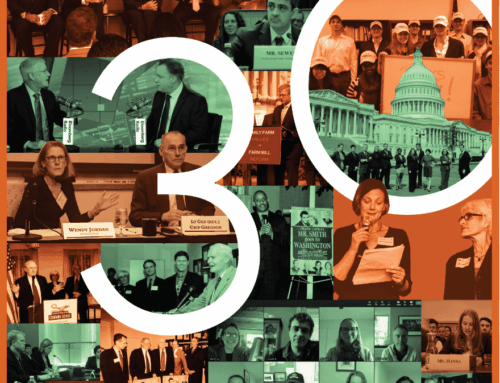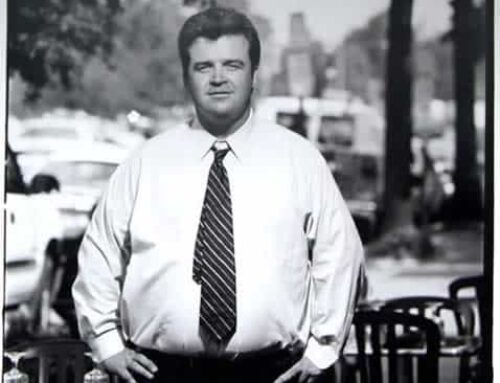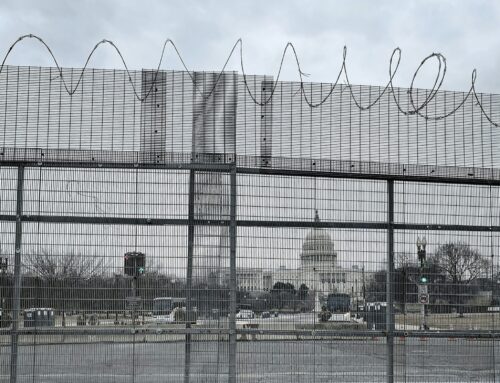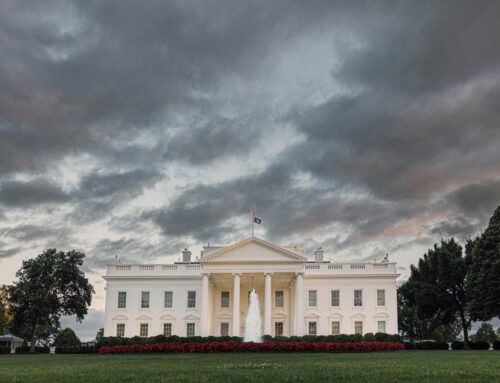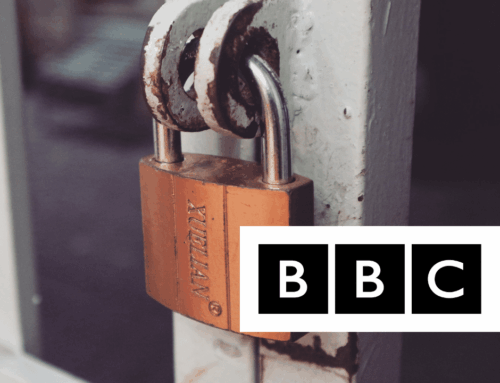Look for this one to be a print story.
Television networks represented by the National Association of Broadcasters are about to break a $70 billion promise they made on April Fool’s Day. They’re lobbying hard for this goody in the bad budget reconciliation bill moving in Congress.
Back in April, TV networks wanted Congress to give them rights to parts of the broadcast spectrum that could have been auctioned off for up to $70 billion. Broadcast spectrum is a super-valuable publicly-owned resource. In the 19th Century, powerful railroads got the government to give them lands and rights-of-way. For the 21th Century, the savvy seek broadcast spectrum.
In April, the major TV networks said they wanted the spectrum to transmit High Definition Television (HDTV). They got it for free, and shut out potential bidders like Black Entertainment TV’s Robert Johnson, who actually wanted to pay taxpayers for the spectrum.
As a consolation, the networks promised to give some older, analog spectrum back to the taxpayers once the HDTV really got going. Now, the networks want to keep even the old, analog channels beyond the 2006 deadline required under the 1996 Telecommunications Act. This could cost taxpayers billions by delaying or preventing a planned auction for the returned channels. It would also deny independent television stations and telecommunication companies the opportunity put the channels to new uses and compete with the networks.
Sneaky provisions inserted into both the House and Senate budget bills would give networks extended use of both channels for free. The House bill was so bad that networks could have kept both sets of channels forever. The bill said networks could keep both channels until 95 percent of the public had high definition television, which will never happen because only 94 percent of Americans even have telephones. The Senate bill wasn’t much better.
The likely but bad “compromise” would require the FCC to give networks both sets of channels beyond 2006 until 85 percent of the public has high definition television. This explains in part why the bill may fall between $3.8 and $7.3 billion short of the spectrum savings assumed in the bipartisan budget agreement. By the way, the National Association of Broadcasters has contributed $9.5 million in political contributions to Congress over the past decade.

